July 28 is the day millions of Venezuelans will decide who their next president will be.
Perhaps it will be another term for Nicolas Maduro. Or maybe change will come with a win for Opposition candidate Edmundo Gonzalez. From Opposition members being banned and arrested, U.S. sanctions and deals to hold free and fair elections, this election season has been dramatic, to say the least.
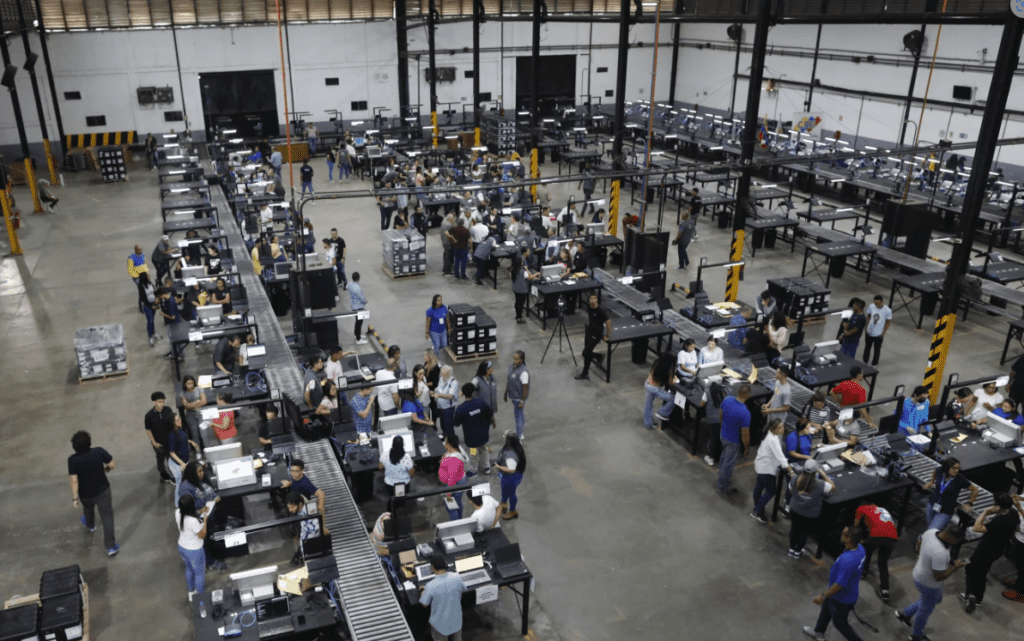
At the forefront of Maduro’s campaign is the decades-long border controversy between Guyana and Venezuela. A case is before the International Court of Justice (ICJ), but this is irrelevant to Maduro who does not recognize its authority. So much so that he held a referendum seeking to annex Guyana’s Essequibo region – the territory being claimed by Venezuela. “Sabre rattling” is what experts call it, just to drum up nationalist support. Troops have been placed along the shared border and rumors of a possible invasion has been circulating for months.
Guyana has the strong support of its allies in the U.S., the U.K. and the Caribbean. The government does not believe Maduro will aggravate the controversy further, going against the ruling of the ICJ to keep the peace. And experts are not worried either.
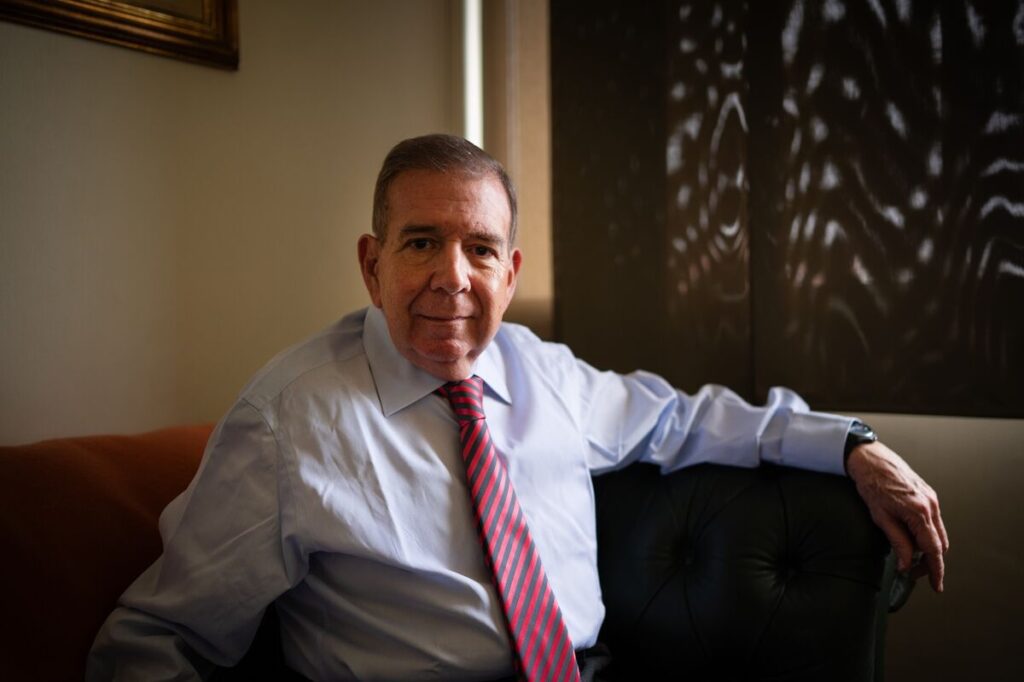
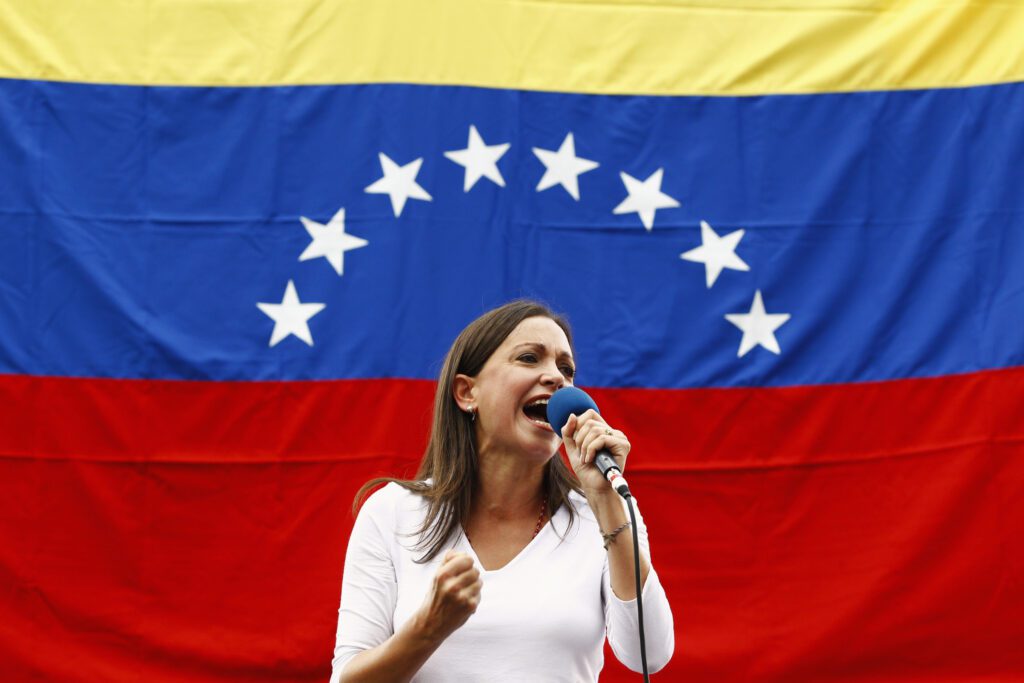
Slim chances
“I said when Maduro first started…the chances are so slim of him actually trying to invade,” said Schreiner Parker, Managing Director for Latin America at Rystad Energy.
From a geological standpoint, an invasion would be difficult for the Maduro regime.
“Geography is on the side of Guyanese. There is no road between Venezuela and Guyana that is sufficiently big enough to move armored personnel or armored vehicles. [They] would have to go through Brazil and certainly [President] Lula would intervene and would not allow Maduro free and unfettered passage on that roadway,” Parker reasoned in a May interview with OilNOW. Brazil has thrown its “full support” behind the world court process and a peaceful resolution to the controversy.
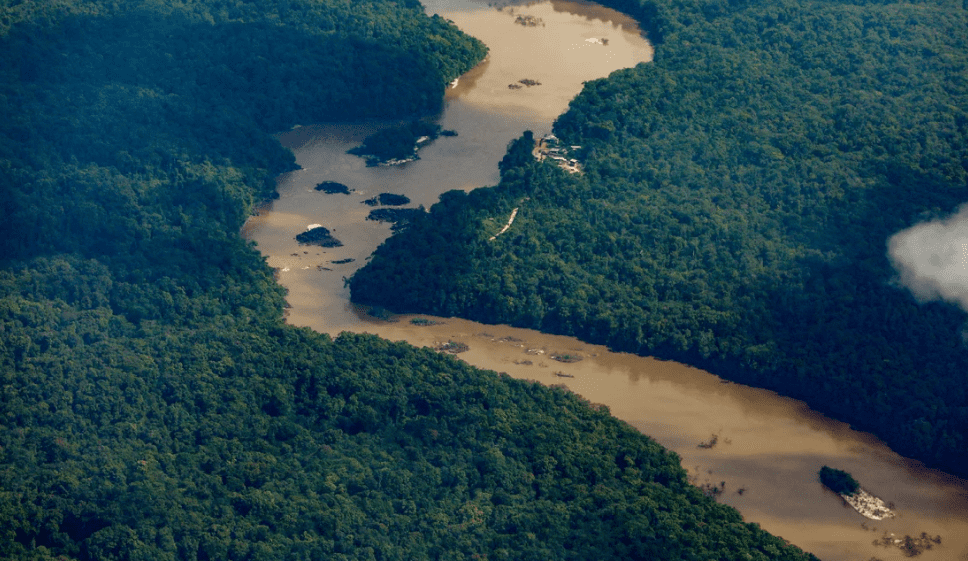
Roberto Cisneros/AFP/Getty Images
“And then of course, the western part of Guyana…there’s not much to hold there. There’s not much to take. It’s [a] very, very low populated area, no big city,” Parker continued.
If Maduro was to invade, it would have to be done by sea, Parker added. But even through this avenue, Maduro has little chance of succeeding.
According to Parker, “…that would be very difficult to do because you think about the British and the Americans, they have a pretty rapid response, ability to send boats to that area so there are no kind of good options. So, from a geographical perspective, I don’t see a way he could actually accomplish anything by trying to ‘invade’.”
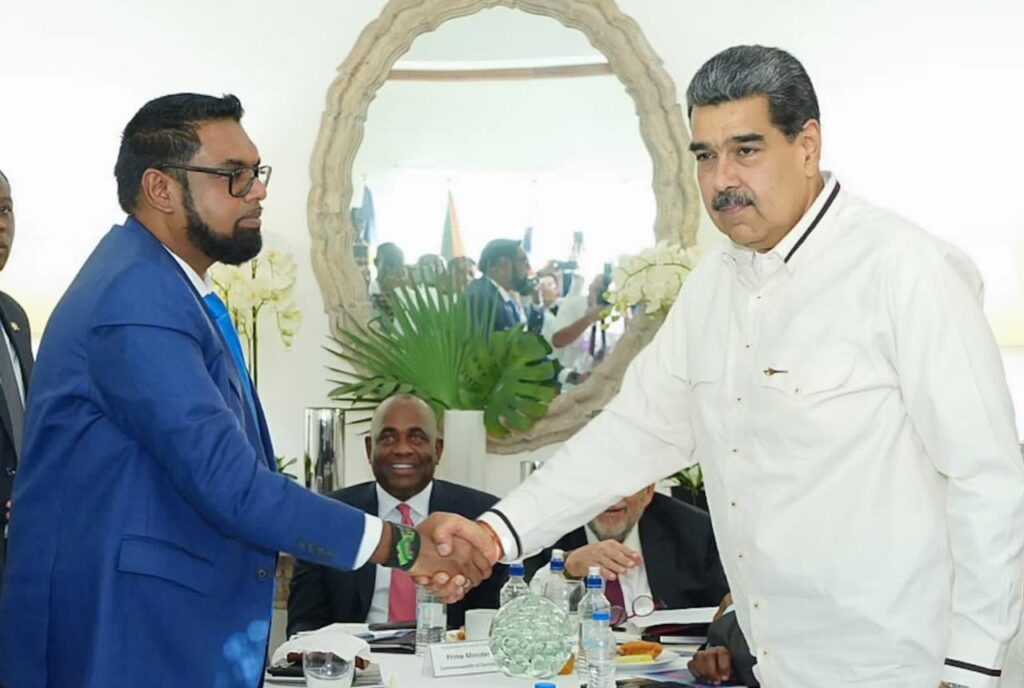
He referenced Russia’s invasion of Ukraine, noting that it was easier to execute since the geography allowed for it. He said, “There was a huge land border that had no natural impediments to it.”
But Parker had also said that Russia would not invade Ukraine. And the world knows how that turned out.
“Nowadays, you can’t really say with any certainty…that the geopolitics calculus doesn’t make sense, that they would never do that. Especially when you have a regime like Maduro that is facing an existential crisis,” he said.
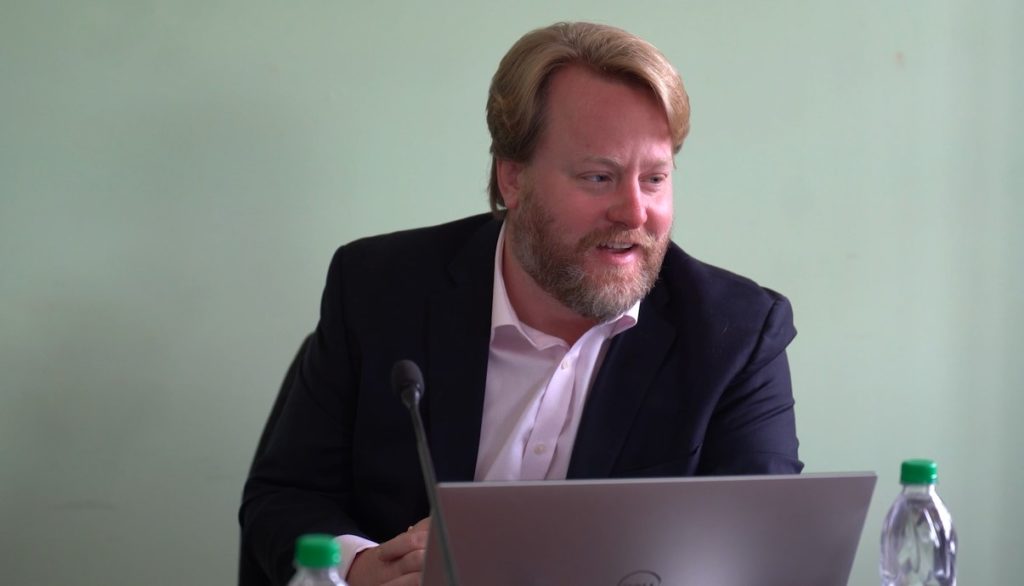
Maduro has a lot riding on these elections. Parker believes that two elements are at play. The major one is oil. The country was once at the top of its game as a major oil producer. But bad policies by the government and the imposition of U.S. sanctions have significantly impacted the economy. It is just now starting to mend. Maduro and Venezuela’s Opposition (supported by the U.S. government) agreed to free and fair elections. In exchange, some oil and gas sanctions were eased. But Maduro did not hold up his end of the bargain, so the sanctions were reinstalled. And there was no surprise there.
The sanctions did not touch agreements allowing Chevron and Repsol to continue operations in Venezuela. Perhaps this is one of the reasons why Maduro has assumed an aggressive posture and not attempted an invasion, Parker reasoned. A former U.S. envoy already said that if Maduro makes an invasion attempt, Iran-style sanctions could befall the country. On the other hand, his cling to power may be an attempt to avoid jail time in the U.S.
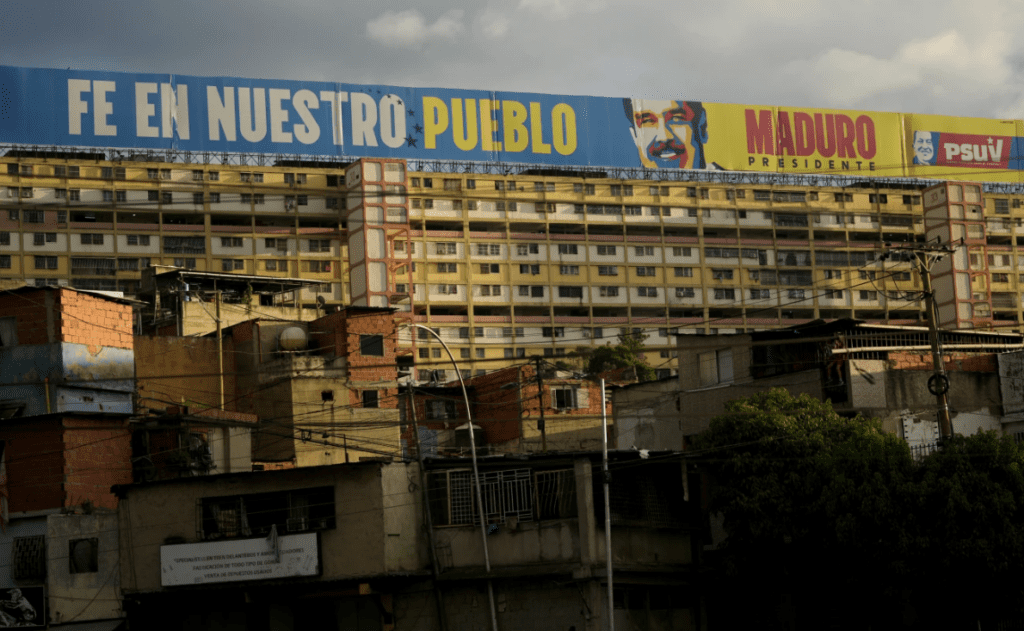
“Maduro still has a four-count superseding indictment in the Southern District of New York for terrorism so he is still a wanted individual by the U.S. There is concern from my perspective, that if he loses the elections or if he leaves that power, he may forfeit his own liberty…” Parker explained.
There is no telling what Maduro would do.
“When you back a wild animal into a corner, you don’t know how they are going to react,” he said.
While Venezuela is focused on its elections, Guyana is focused on the border case.
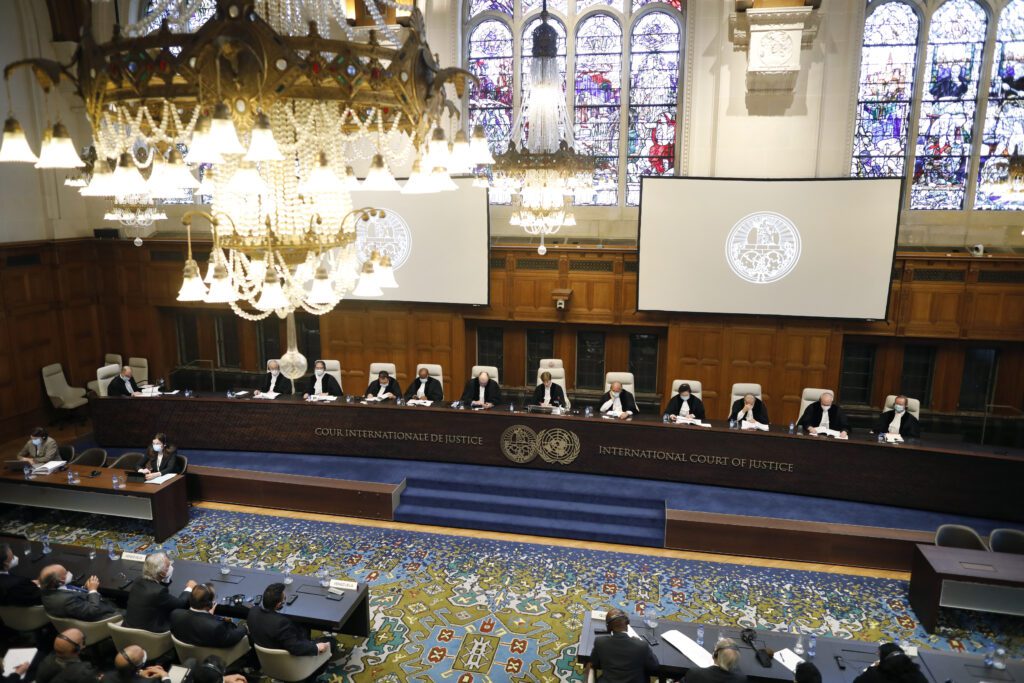
Copyright: UN Photo/ICJ-CIJ/Wiebe Kiestra. Courtesy of the ICJ. All rights reserved.
The ICJ has set dates for written second round pleadings by Guyana and Venezuela.
Guyana has until December 9 this year to make submissions. Venezuela has until August 11 the following year. Agents from both Guyana and Venezuela had determined earlier this month that the second round of written pleadings was necessary after Venezuela’s Counter-Memorial in April. Guyana had initially suggested October 8 to make its submission while Venezuela wanted 12 months after this to make theirs, a timeline considered excessive to Guyana.
About the controversy
The case concerns the validity of the 1899 Arbitral Award, which determined the boundary between the two South American nations more than a hundred years ago. In 1962, some 63 years after accepting the boundary, Venezuela claimed the Award was null and void, reanimating a claim for two-thirds of Guyana’s territory. After years of discussions between the two countries under the United Nations Good Offices Process failed to deliver a resolution, UN Secretary-General Antonio Guterres referred the matter to the ICJ in 2018.



